Urban Research Incubator
The URI is breaking new ground with a transdisciplinary approach to improve urban policy-making. They're exploring ways to create safer, more inclusive cities that meet the needs of all citizens, focusing on public lighting, segregation, and security
On this website, the URI group compiled their dissertations, policy briefs, films, articles, podcasts, data and more coming out of the research group: URI immersive 3D homepage
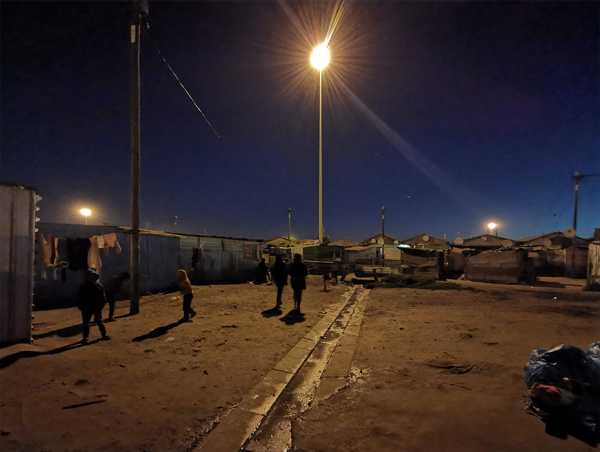 Immersive Experience of Socio-spatial Segregation
Immersive Experience of Socio-spatial Segregation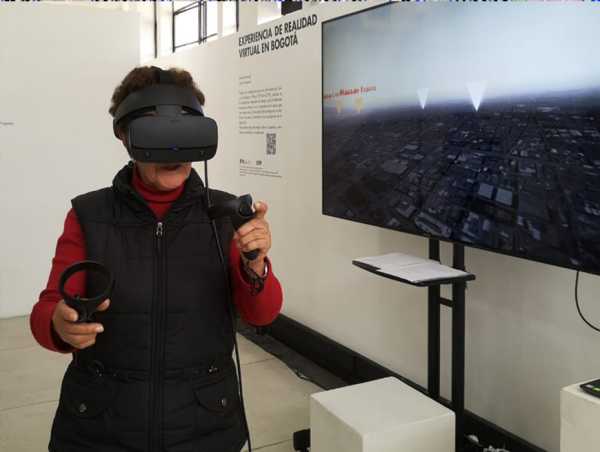 Virtual Environments as a Decision-making Tool for Public Lighting in Bogotá
Virtual Environments as a Decision-making Tool for Public Lighting in Bogotá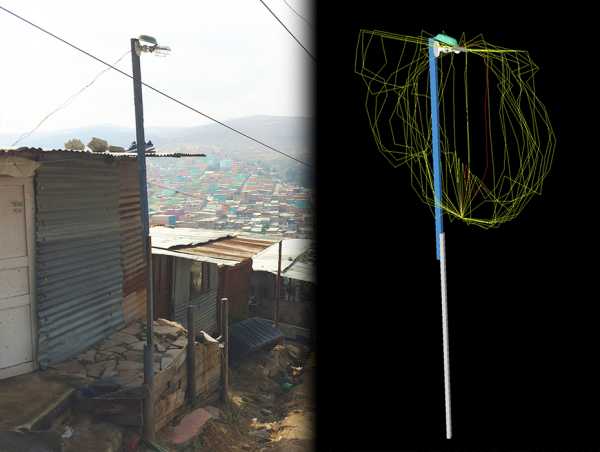 Urban Upgrading, Community Empowerment and Crime Reduction
Urban Upgrading, Community Empowerment and Crime Reduction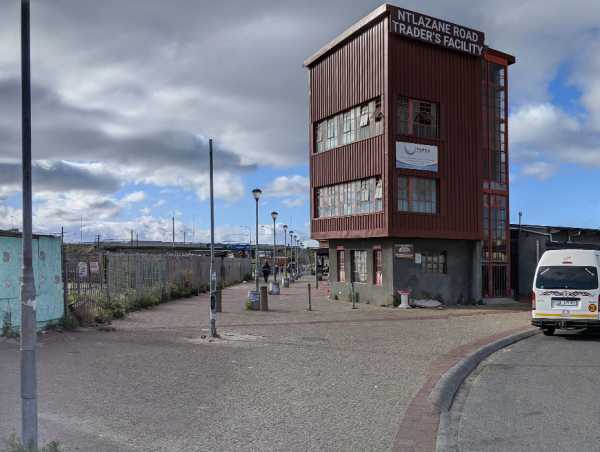 Between Walls and Fences: A City Shaped by Gated Communities as an Urban Policy Challenge
Between Walls and Fences: A City Shaped by Gated Communities as an Urban Policy Challenge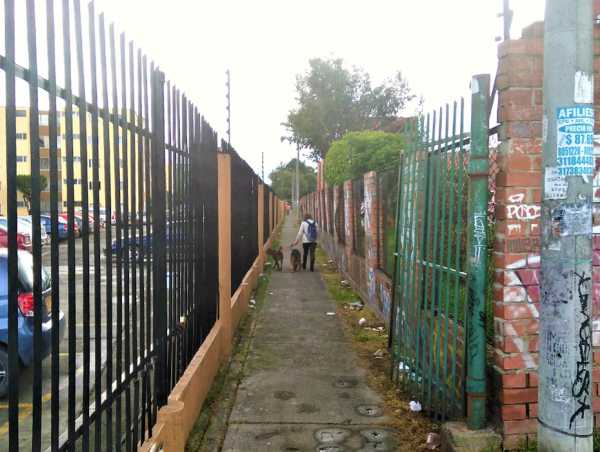 The Impact of Lighting Technology and Design on Public Lighting Policies for Informal Settlements
The Impact of Lighting Technology and Design on Public Lighting Policies for Informal Settlements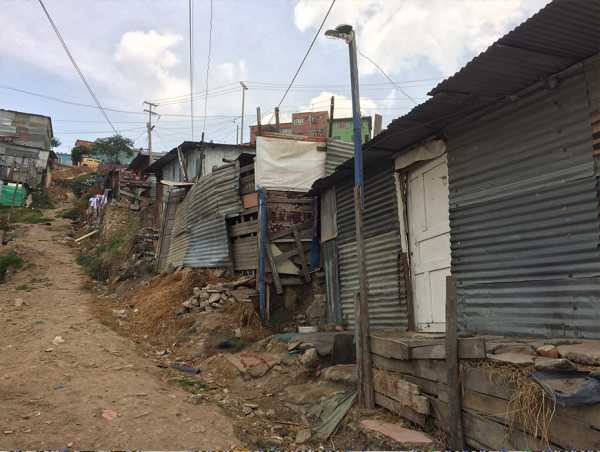 Agent-based Modelling of Robbery: Large Scale Simulation as a Tool for Crime Reduction in Cape Town
Agent-based Modelling of Robbery: Large Scale Simulation as a Tool for Crime Reduction in Cape Town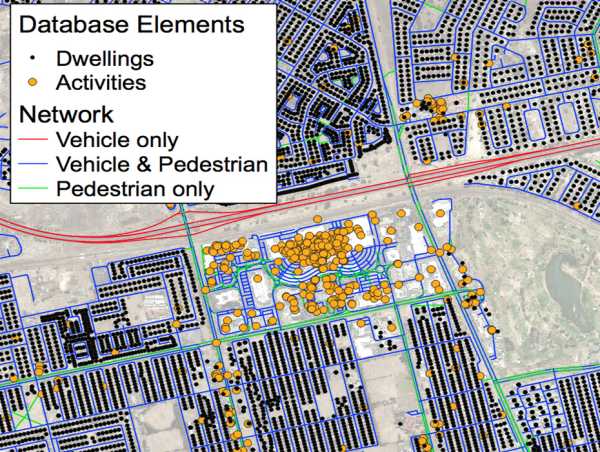
Introduction
For the first time in human history, urbanised areas are home to the majority of the world’s inhabitants. This unprecedented level of urbanisation is characterised by uneven growth and rising socio-spatial segregation, insufficient and unequal delivery of public services and infrastructure, and high levels of insecurity, jeopardizing the sustainable development and resilience of cities.

Through an innovative transdisciplinary approach that brings together researchers from diverse disciplines and backgrounds, and that actively engages with communities, policymakers and other stakeholders, The Urban Research Incubator (URI) of the ISTP seeks to answer the question:
How can urban policy-makers leverage science and technology to create safer, more inclusive cities that serve the needs of all citizens?
To address this question, URI researchers collaborate on a number of projects organised around three themes, public lighting, segregation and security, and in so doing aim to contribute to the achievement of the Sustainable Development Goals (SDGs) – specifically SDG 11 “Make cities and human settlements inclusive, safe, resilient and sustainable”. With ETH Zurich as the home of URI, this research is done within the context of two cities of the Global South, Cape Town and Bogota.
To advance and communicate research on these three themes, URI harnesses the use of state-of-the-art modelling and visualisation technologies. Agent-based Modelling (ABM) enables the study of emergent and potentially unexpected phenomena arising through the interaction of multiple actors with built and social environmental structures and processes, and to model scenarios to inform the development of integrated, multi-sectoral policy solutions. Alongside this, visualisation technology in the form of interactive 3D virtual environments, supports the communication of infrastructure policy options, aiding policy makers in the decision-making process.
Overview of Projects and Outputs
Our team of interdisciplinary researchers work together on several projects, in collaboration and with the support of partners from multiple sectors. Outputs include a number of academic papers, policy briefs, and reflections. Our work culminates in a series of policy events in Bogotá, Cape Town and Zurich during the 4th Quarter 2020 and January 2021. Here, project partners, policy-makers, and other stakeholders from across the academic, policy, and community spectrum will come together to discuss practical policy solutions and the way forward, informed by the URI research findings.